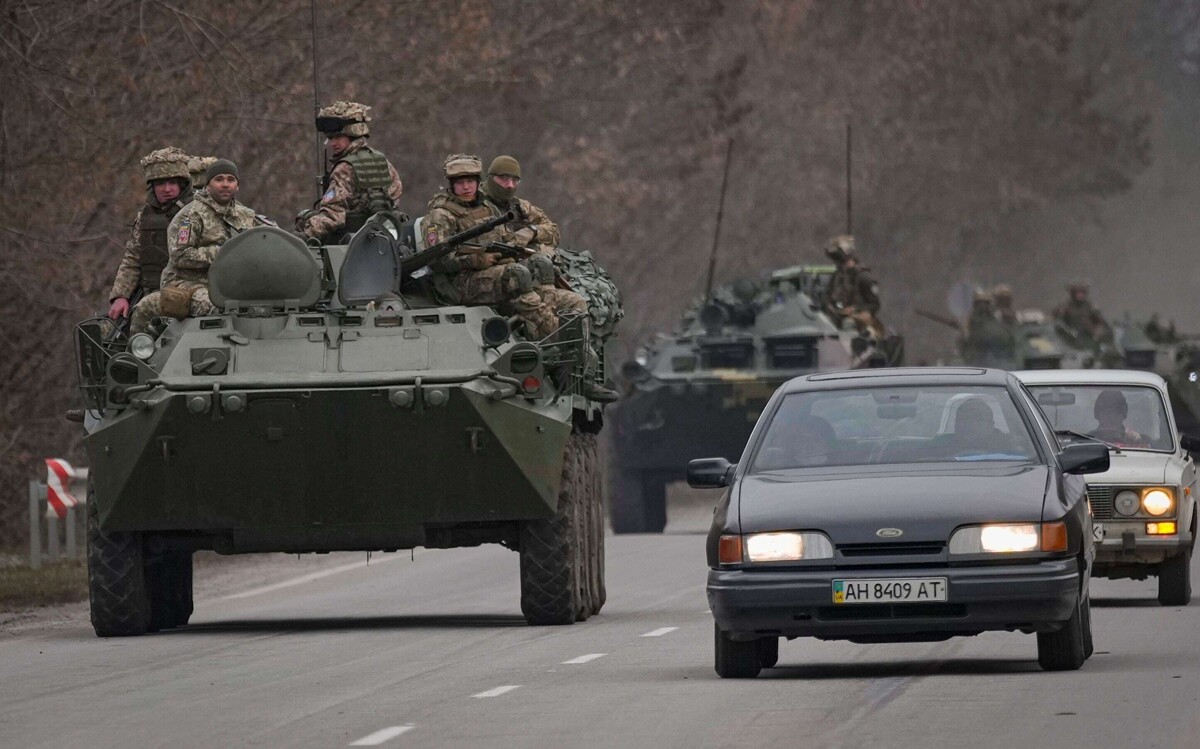
In the history of modern warfare, Guderian's early understanding of the fundamental role of machines in armed conflict stands out. While England struggled with old tactics, Germany was already envisioning the potential of tanks as the future of warfare.
The German generals, led by Guderian, quickly embraced innovation, giving them a decisive advantage. In 1940, German theory became reality with the fall of Paris in just six weeks, exposing England’s reluctance to adopt new technologies.
This resistance to change is not new. China, for example, has demonstrated leadership in areas such as artificial intelligence and autonomous systems, thereby strengthening its competitive advantages in the military field.
Both in the military and business realms, it is crucial to understand that discovering new technologies is not enough. History shows how resistance to innovation can lead to significant consequences.
The rapid adoption of new technologies, as demonstrated by Germany with tanks at the time, is essential for maintaining a strategic advantage. Flexibility and vision to adapt to these changes are key to success in future conflicts, as evidenced by China's advancements in the field of drones and technology-based warfare.














